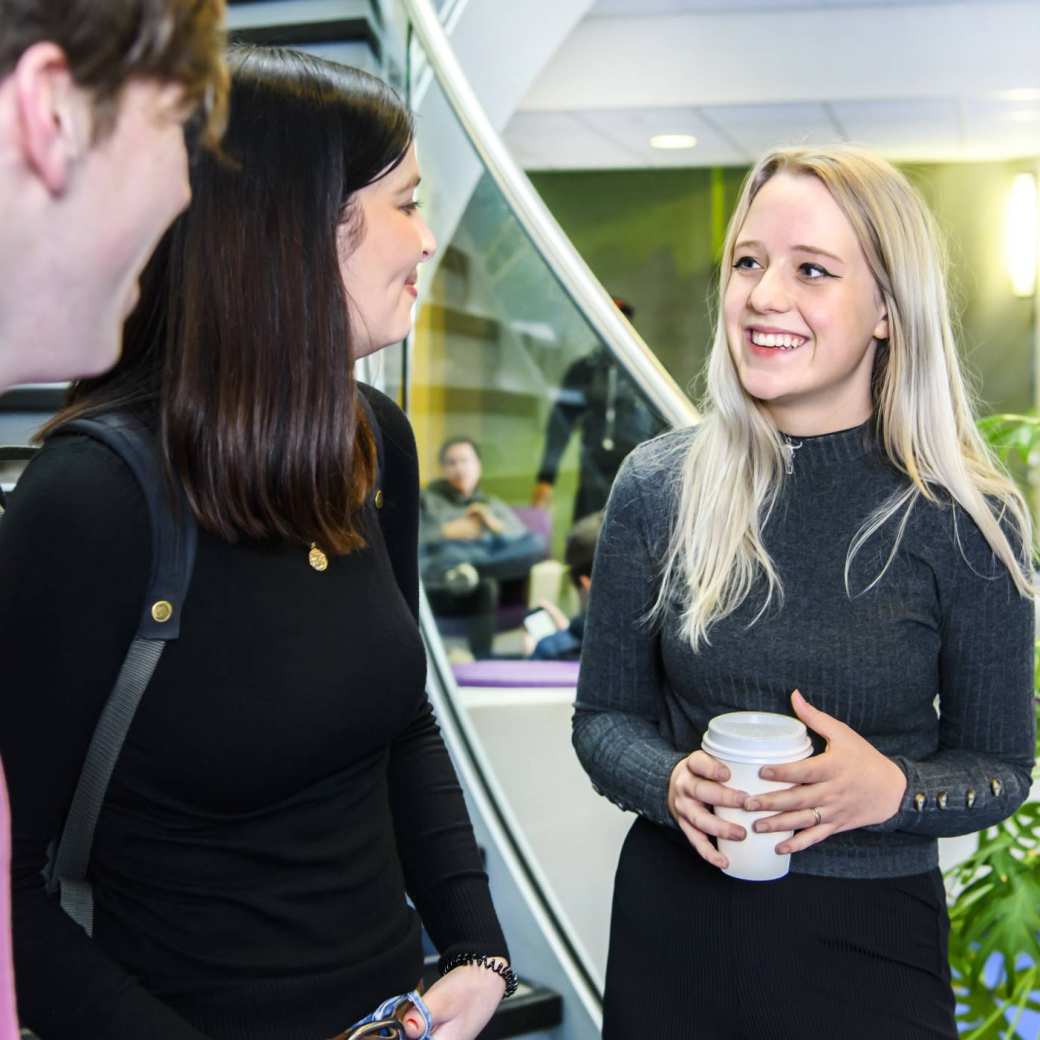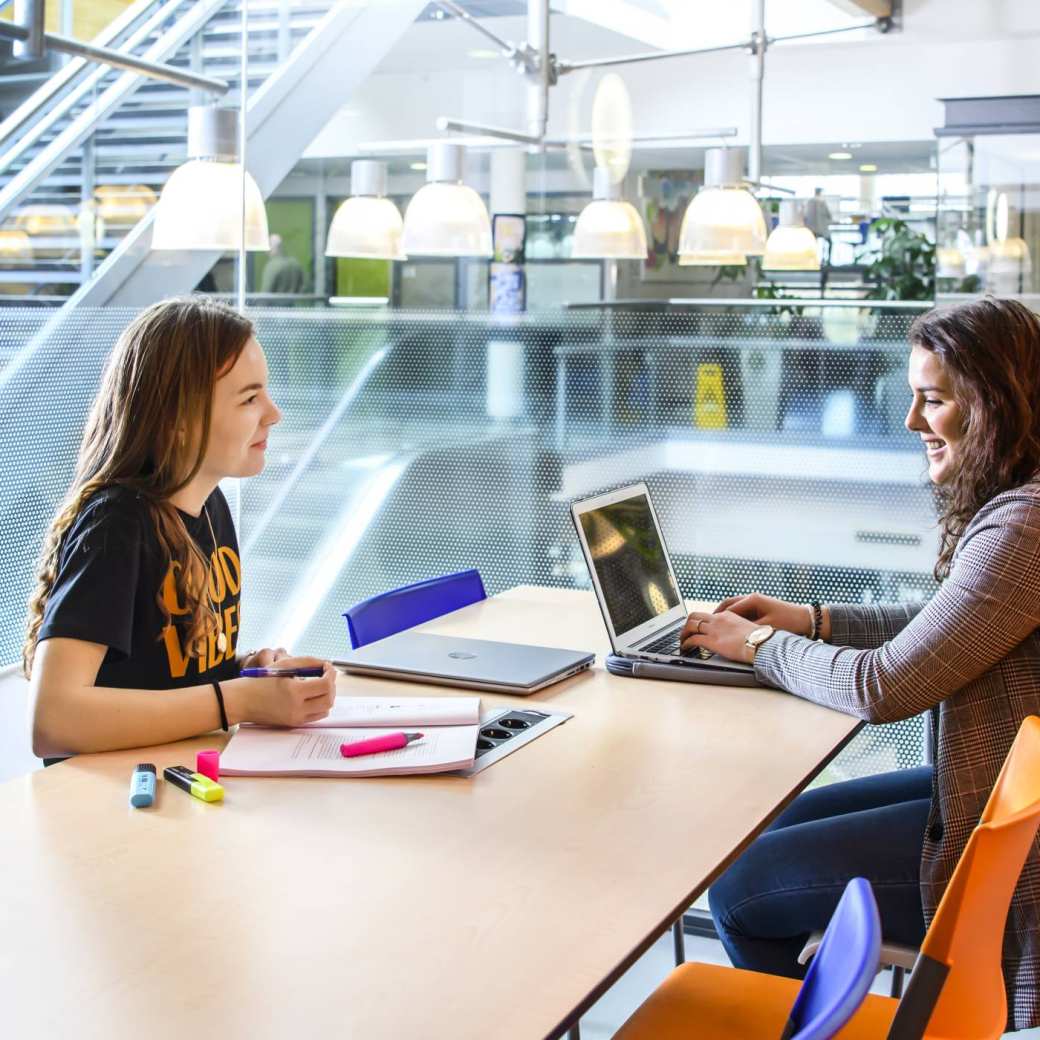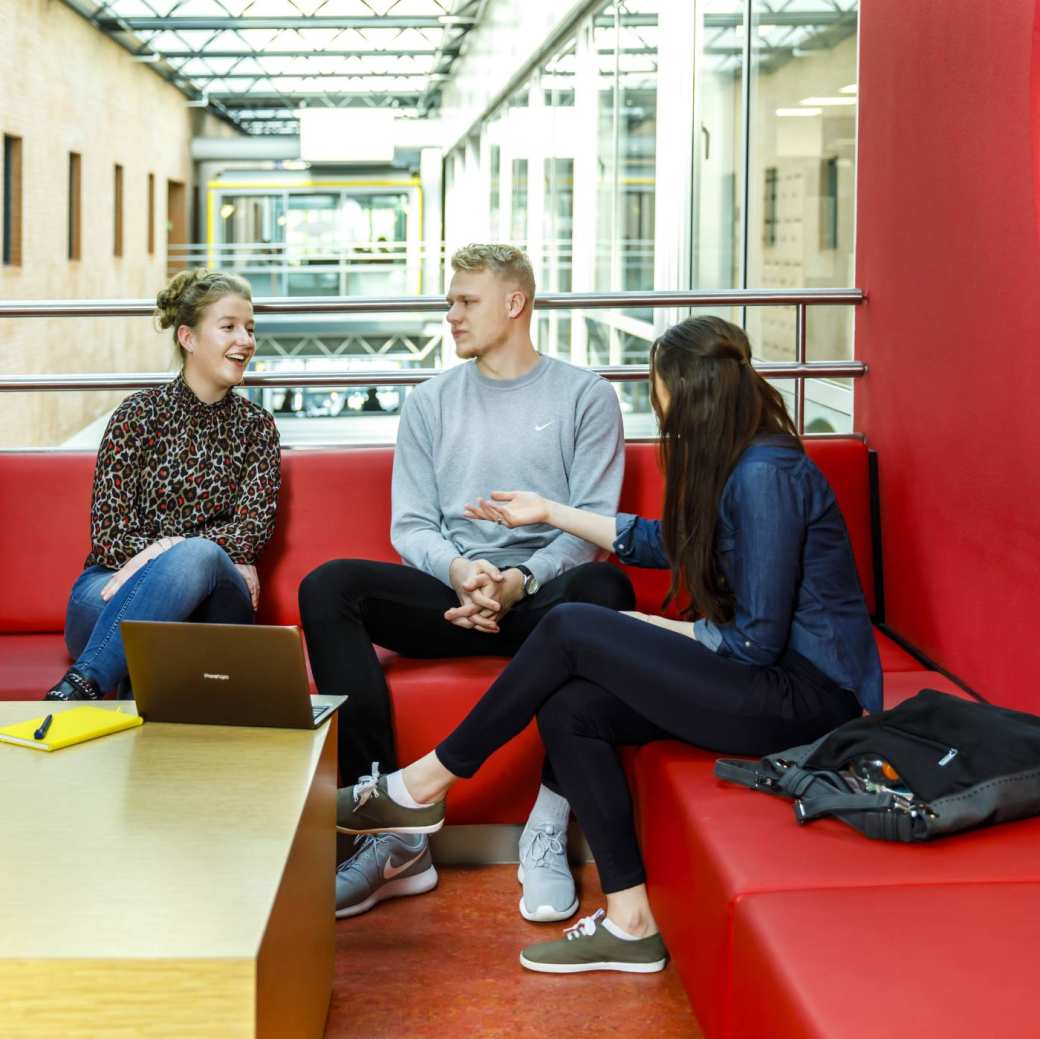Mobile Robotics
Finish the Mobile Robotics exchange program at HAN and take your career to new heights. Learn how to solve real-life problems. Collaborate with others. Devise workarounds. And much more!

The program in a nutshell
Classes take place Monday to Friday. You learn about robotics architecture. Machine learning. Robotic dynamics. Python robot programing. And Module industrialization.
The program is divided into 2 blocks. In block 1 you learn the newest robotics theory and skills. In theoretical lectures. Workshops. And self-study assignments.
In block 2 you work full-time in a multidisciplinary group. On a real-life robotics or autonomous driving project. You and your group report on your project to your classmates. And both HAN and industry pros. These groups assess your overall project and performance.

Program details
Learning outcomes
By the end of Mobile Robotics you can:
- understand the relevant aspects in bringing a mobile robotics solutions to market.
- define functional and technical requirements for a mobile robotics solution.
- carry out applied research, design and development activities in a multidisciplinary team.
- design and validate (part of) a mobile robotics system and/or its model.

Competences
You strengthen these competence areas during the program:
- Solution-focused coaching skills
- Motivational interviewing skills
- Reflection skills
- Managing a project and/or team
- Advising based on analysis or technical insights
- Guiding personal professional development
- Research skills

Dutch way of learning
The atmosphere in a Dutch classroom is quite informal and your lecturers are easy to talk to. In fact, at HAN you’re seen as a partner in the learning process. Class sizes are small and your lecturers encourage you to actively participate in class. To ask questions and give your own opinion. They also stimulate you to be creative and to discover things for yourself.

HAN International Intro
Get a good start to your studies during this week of orientation:
- learn about living in the Netherlands
- become familiar with the campus
- get on board with your exchange program
- make new friends!

What about credits and grading?
At HAN we use the European Credit Transfer and Accumulation System, or ECTS. It’s the standard credit system used in higher education across Europe. How does it work? One credit = 28 hours of study. Think of contact hours. Time spent working on assignments. Preparing for exams.
One semester = 30 credits = 840 hours of study. To earn credits, you need to pass your exams. What counts as a pass? A grade of at least 5.5.

Admission
What are the admission requirements? And how do I apply?
